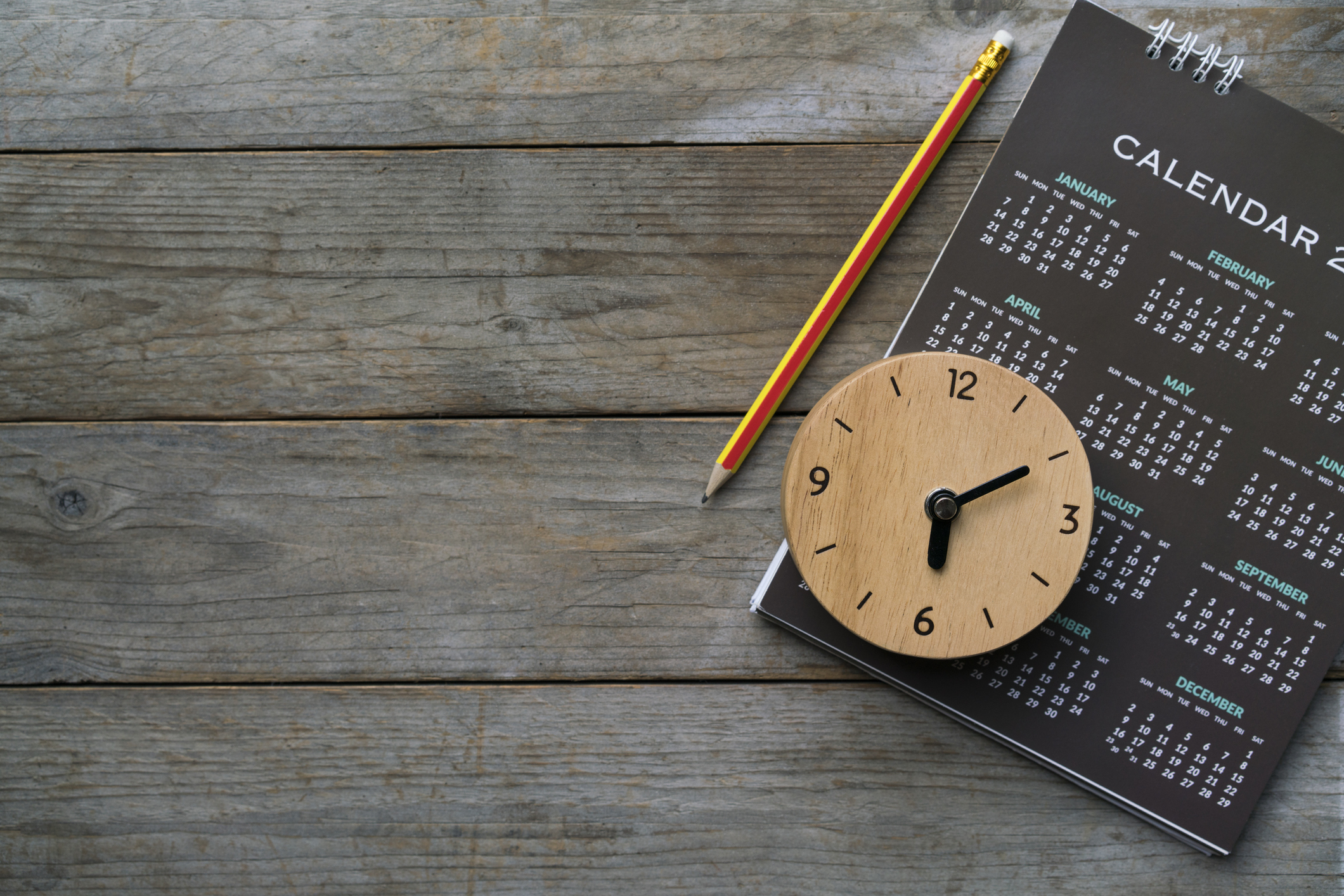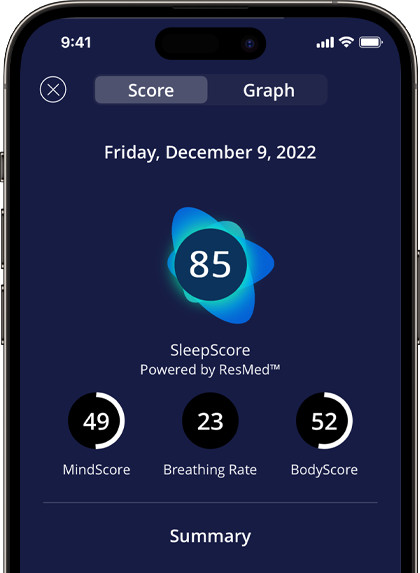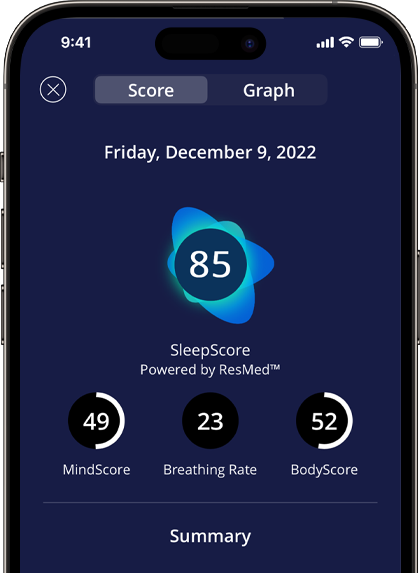Ready for the End of Daylight Saving Time? Here’s What You Need to Know

Twice a year, 1.6 billion people around the world experience a time shift. Many agree that the shift from daylight saving time (DST) to standard time is the easier transition to make. But when we set our clocks back an hour this fall, what will it mean for sleep?
How does DST impact sleep?
Daylight plays a huge role in sleep. In fact, light regulates your natural sleep-wake cycle. With the end of DST this fall, days will become shorter, with night falling sooner and the sun rising earlier. This increases your chances for natural light exposure in the morning, which is linked to shorter sleep onset time, improved sleep quality, and even reduced depression.
What about light in the evening? With days getting darker earlier, we’ll be spending more time with artificial light at night. Exposure to light during the evening – including anything from your living room lamps to your iPad screen – can delay sleep onset and keep you up later. This doesn’t mean you should stumble around in the dark! Instead, as your body adjusts to the darker fall and winter nights, be aware of how much light you use before bed, especially on devices that emit blue light like phones, tablets, and computers.
As your body adjusts to the shift, you might find yourself falling asleep and waking earlier. The good news is, this can leave you feeling more awake in the morning! Several studies have found that the end of DST brings feelings of alertness early in the day.
Other helpful tips for better rest
In sum, the end of DST brings more benefits than trouble for many when it comes to sleep. If the time shift has you thinking about your sleeping habits, take this opportunity to remember a few helpful tips to get the best rest you can!
- Keep a consistent bedtime. Your sleep is most restorative when you go to bed and wake up around the same times each day – even on weekends!
- Avoid bright light in the evenings, but make sure to expose yourself to light during the early morning.
- Keep your bedroom like a cave at night. A cool, quiet, and dark sleeping environment is the best bet for catching the ZZZs you need.



